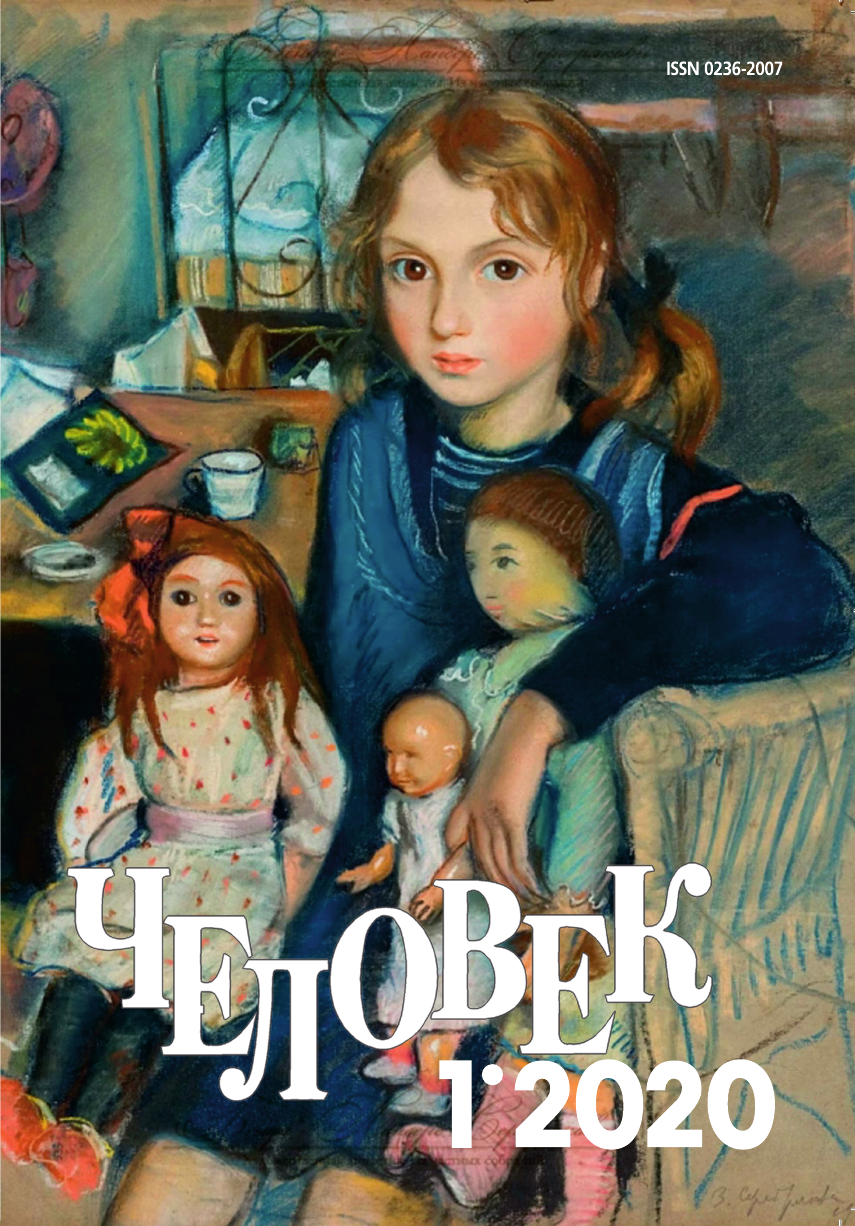Paradigms of human enhancement: from “immanent” individualism to personalism
Keywords:
humanism, transhumanism, posthumanism, personalism, capitalism, post-capitalismAbstract
The prospects of humanism are assessed in the context of the active development of technologies for changing human nature. Humanism affirms the highest value of a human, ascribes to him/her exceptional ability for rational judgments and responsible actions, the free nature of choice (free will). At the same time, transhumanism follows from humanism: a consistent commitment to humanistic principles leads to the conclusion that everyone is free to change one’s body following one’s individual preferences. Such initiatives can sooner or later result in the destruction of the Lifeworld, turn into the creation of potentially dangerous creatures with whom dialogue and a sincere emotional connection are impossible. It is shown that the “immanent” individualism is the ethical basis of humanism and transhumanism — the desire for earthly prosperity of a person who pursues goals defined by himself. Accordingly, overcoming (or moving away from) humanism/transhumanism is possible both along the “upward” path (from the immanent as such to the transcendental) and along the “downward” path (from anthropocentrism to posthumanistic “deconstructivism”). However, in the context of discussions about changes in human nature, the third, personalistic, alternative also becomes relevant. Thus alternative consists in trying to shift the emphasis from a human as a biosocial being to a person as a sociobiological being. Personalism can be understood as an attitude to overcome the absurdity of the “immanent order”, but not so much by resorting to the transcendent, as in trying to reach the integrity of the intersubjective space of culture.






